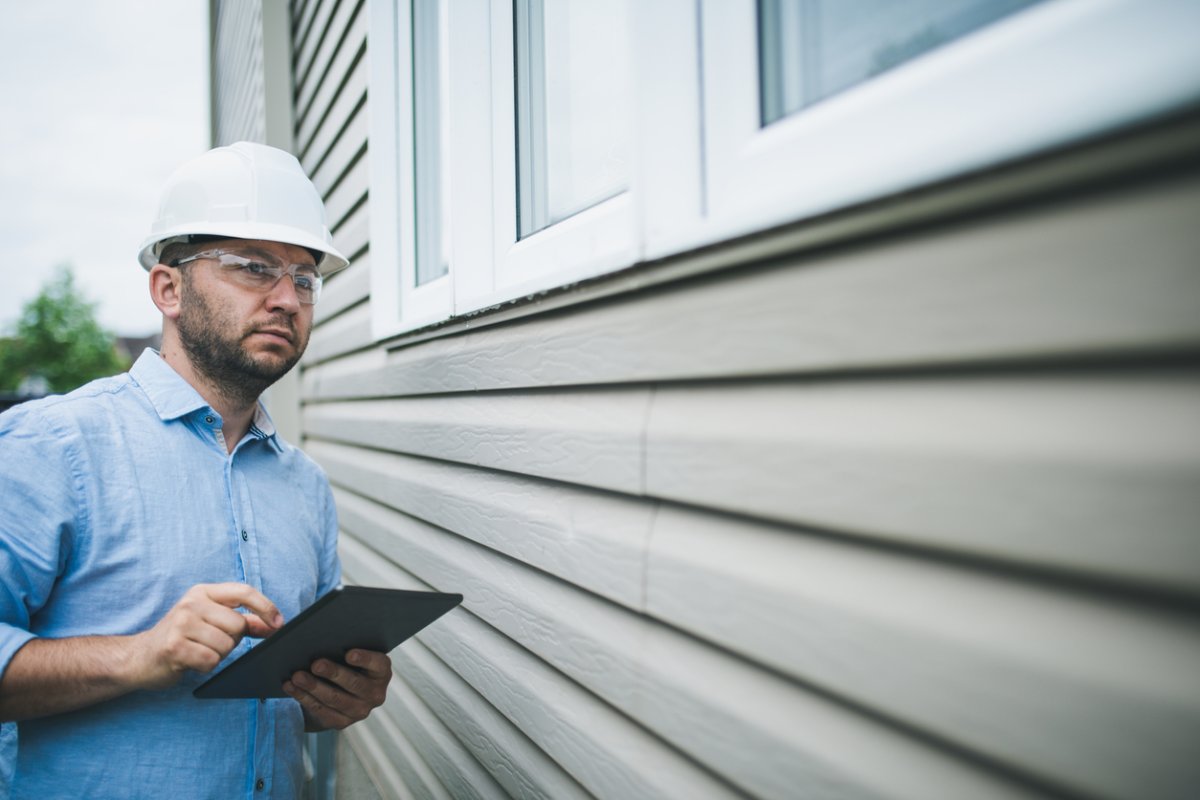We may earn revenue from the products available on this page and participate in affiliate programs. Learn More ›
A home inspection can be a vital part of the buying process. Inspectors are trained and experienced to look for real and potential issues within a home and bring them to the attention of the buyers. The information you learn about the condition of the home can be used to ask for concessions from the sellers at closing, request that repairs be made, help you understand some of the first issues you’ll want to address once you move in, or help you decide that you might want to back out of the contract.
However, home inspectors don’t catch everything. There are some common areas that they miss—either because a standard inspector isn’t the right person to identify certain issues or simply because some problems often slip under the radar.
RELATED: How Long Does a Home Inspection Take?
1. Leaky or Damaged Roofs
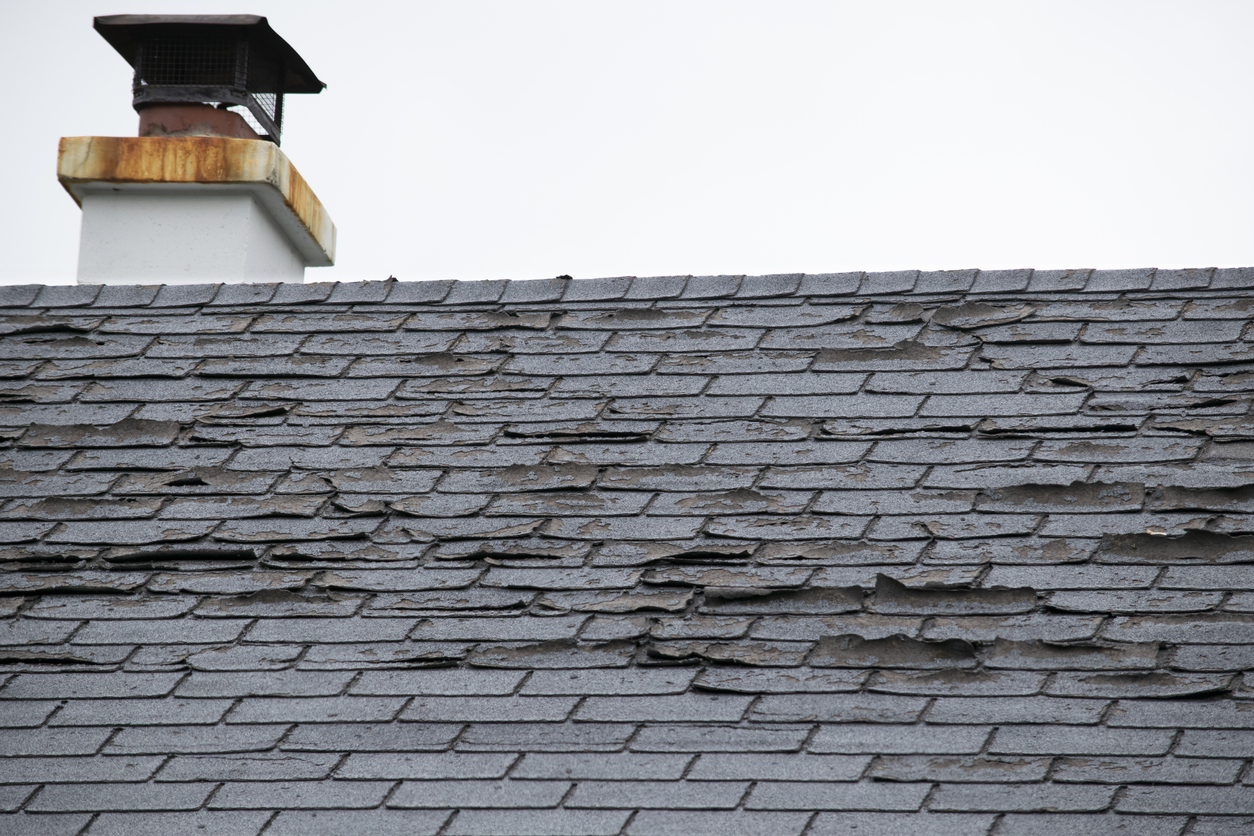
While some inspectors will walk around the roof looking for obvious damage, others may not actually climb up onto it. They’ll only perform a visual inspection from below. This may identify issues such as missing shingles, major damage, or overall structural problems, but the inspectors may not be able to identify other concerns.
Hiring a roofing professional to perform a separate inspection may be a good idea, particularly if the roof is older or the first inspector identifies any potential issues. A roofing professional will closely inspect the roof, looking for any signs of rotting wood, water damage, missing shingles, soft spots, and more. They’ll also be able to inspect the home’s attic to look for signs of damage from the inside. If damage is discovered during the inspection, you’ll still have time to negotiate with the seller to complete the repairs or to provide you with a credit at settlement.
RELATED: 8 Things Every Home Inspection Checklist Should Include
2. Broken Appliances
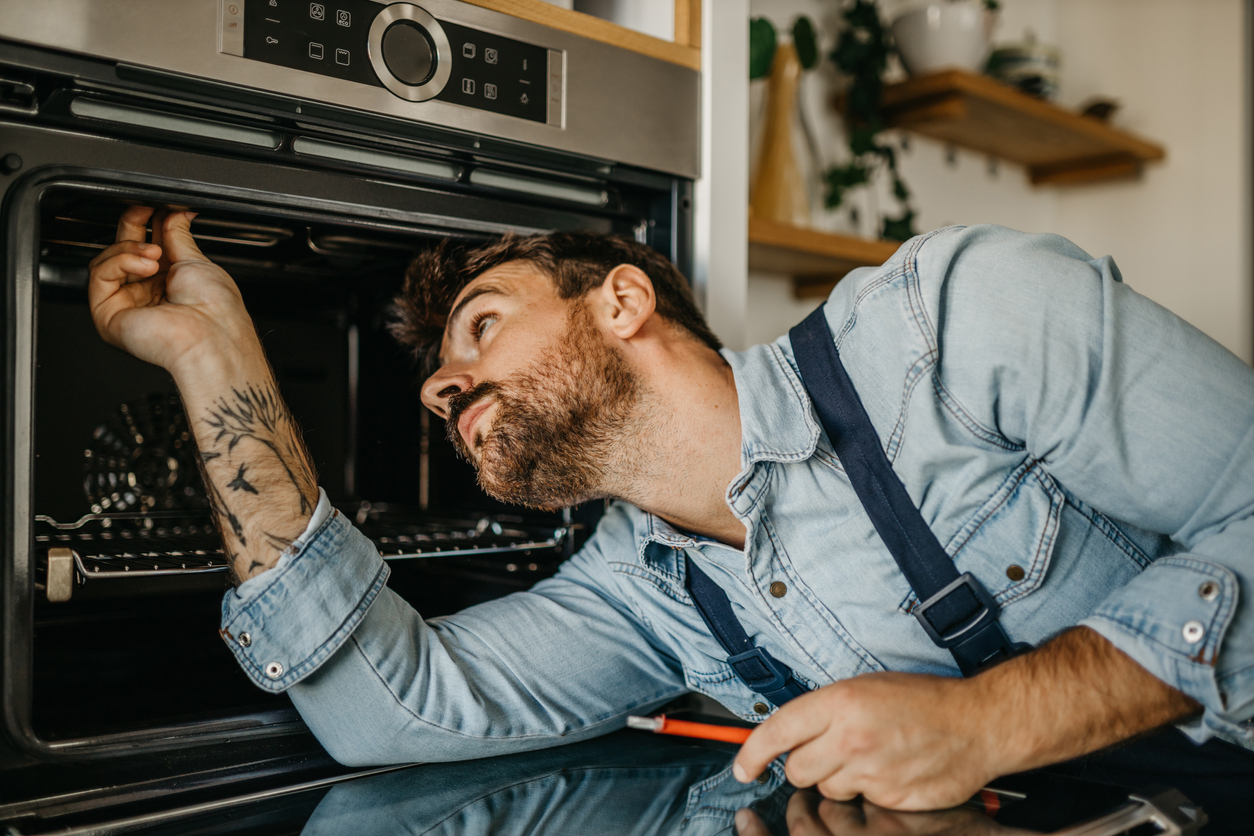
Broken appliances are another thing that a home inspector may not catch. Ideally, home inspectors should do more than simply turn on the washing machine, dryer, dishwasher, stove, and microwave. They should test them out by running a cycle, trying to heat water, or confirming that the burners actually get hot. However, not all inspectors go to such thorough lengths and will only confirm that there is power to the major appliances in the home. Even if the inspector does complete a more detailed test, it is still possible that the appliances are on their last leg. If you don’t see your inspector taking some time to really check each appliance or have questions about their overall condition, be prepared to potentially replace them in the near future.
RELATED: Here’s How Much a Mold Inspection Typically Costs
3. Pests and Pest Damage
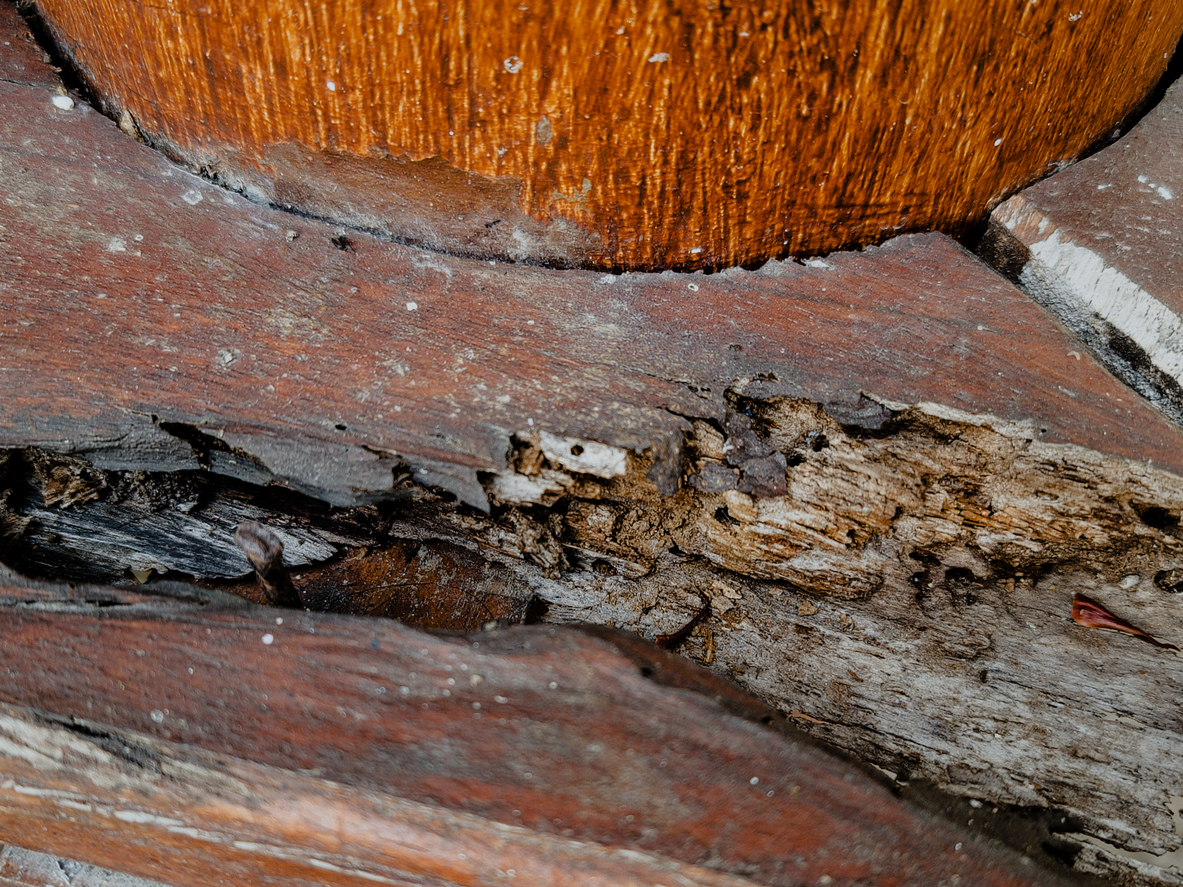
Home inspectors will alert you to any obvious signs of termites, cockroaches, rodents, or other pests. However, they are not qualified pest professionals and may not notice (or know where to look for) all of the signs of an infestation. Hiring a professional to perform a pest inspection can give you peace of mind that there are no problems lurking beneath the surface of the home. You can use the report you receive to negotiate any areas of remediation or repairs that are caught by the inspector.
4. Issues with the Fireplace
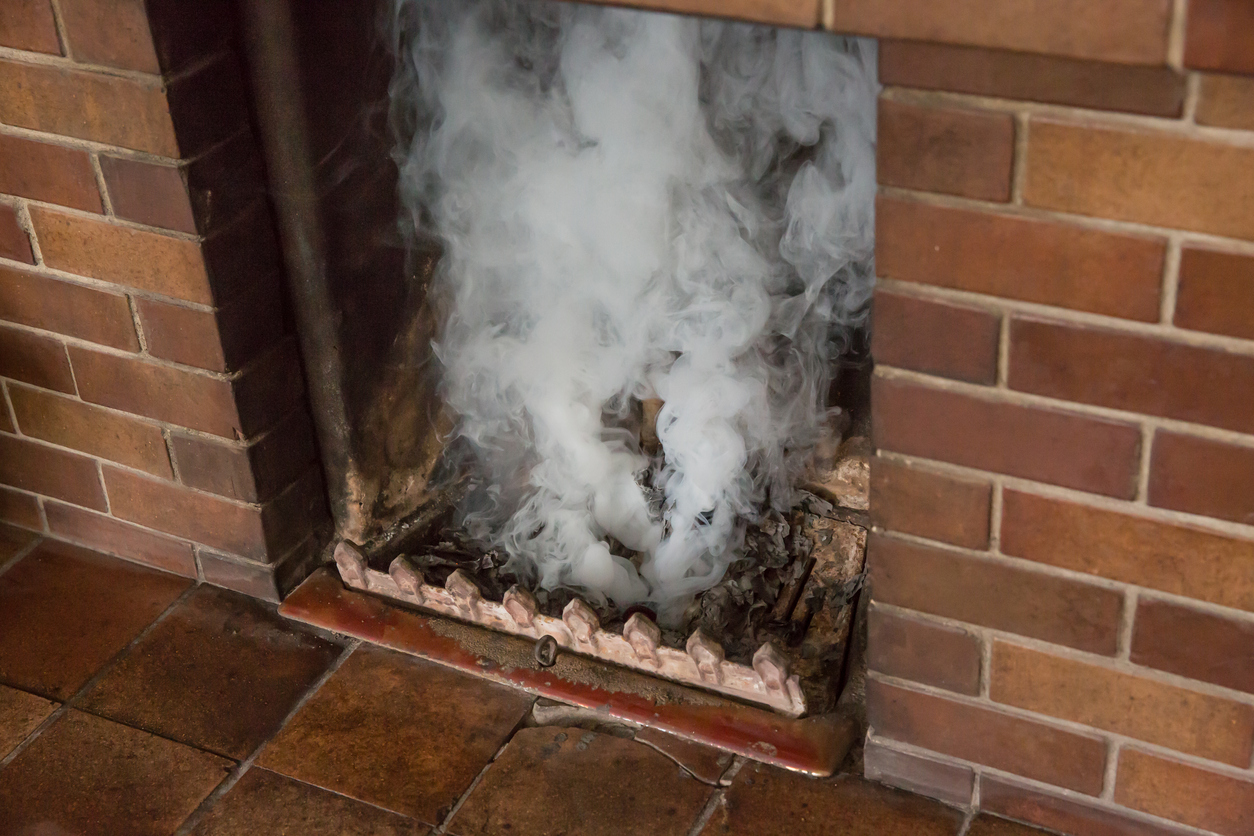
During your home inspection, the professional should perform a general evaluation of your chimney. They’ll likely shine a light inside to look for a blockage, perform a visual inspection of the exterior, and test the dampers. However, these tests aren’t enough to give you peace of mind that the fireplace of your soon-to-be new home is actually safe to use. Hiring a professional chimney company to evaluate your fireplace can help catch issues the inspector may miss. They’ll need to start by cleaning the chimney to provide a better view of the flue liner, joints, and overall structural integrity.
RELATED: Everything to Know About Chimney Inspection Cost
5. Heating- or Cooling-Related Issues
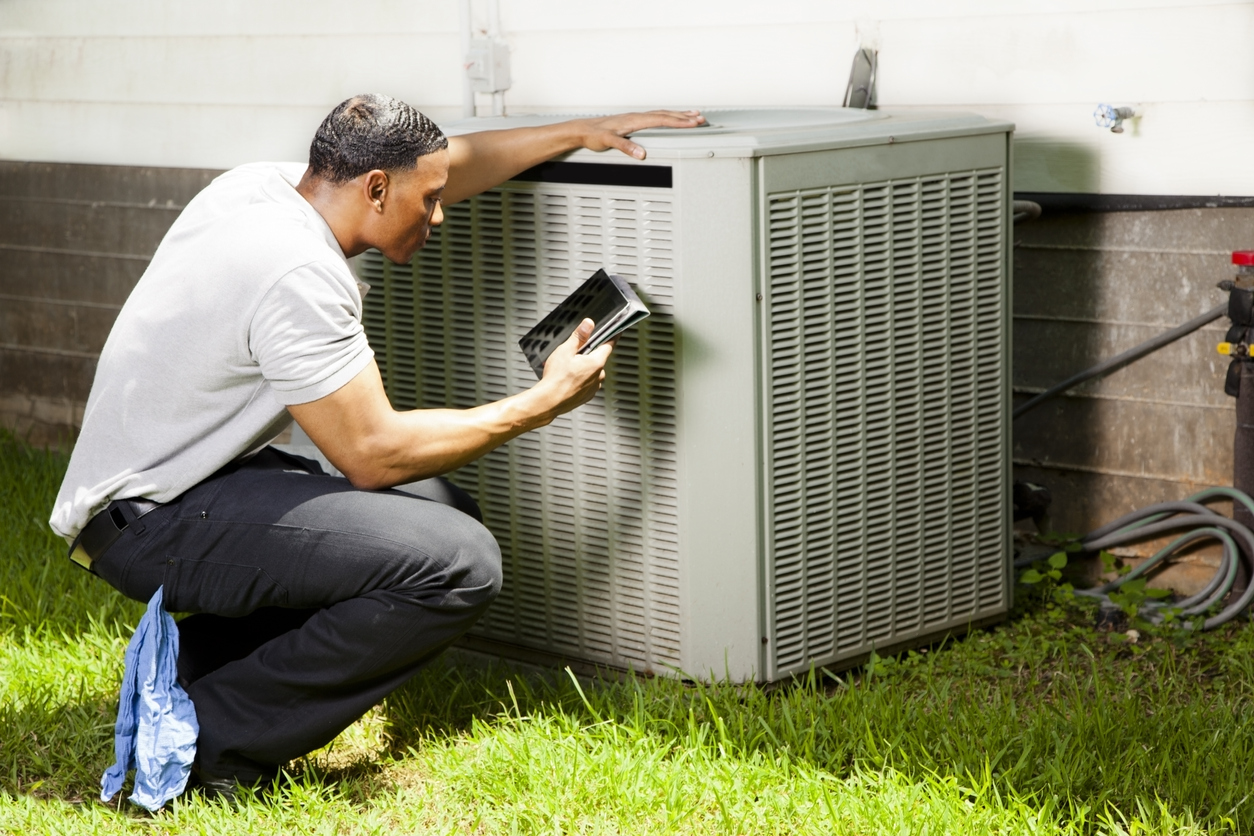
Even though the HVAC system is likely on the home inspection checklist, it doesn’t mean that your inspector will catch every issue with it. For example, if you’re buying the house in the middle of a heat wave, you and your inspector may not notice if the furnace doesn’t work properly. HVAC systems also have a lot of specialized components that standard inspectors may not be experienced enough to evaluate. While they have basic knowledge, their lack of full HVAC training could make them miss something. If you’re buying a home with an old system or one that you or your inspector have any doubts about, consider calling in a professional HVAC company to provide a more thorough inspection.
RELATED: 8 Things Every Home Inspection Checklist Should Include
6. Problems with Plumbing

Home inspectors likely have basic plumbing knowledge, but that may be where it stops. Without advanced knowledge of the intricacies of a home’s plumbing, it is possible for your inspector to overlook what could be a major issue (or turn into one down the road). Consider hiring a trustworthy and highly-rated plumbing company to complete a plumbing inspection. They’ll check for leaks, assess the home’s water pressure, look for lead pipes in homes built before 1986, check on the condition of the water heater, and assess the condition and status of the septic tank (if the home has one).
RELATED: Everything You Need to Know About a Foundation Inspection: Why It’s Crucial, Who to Hire, and More
7. Electrical Wiring Mistakes
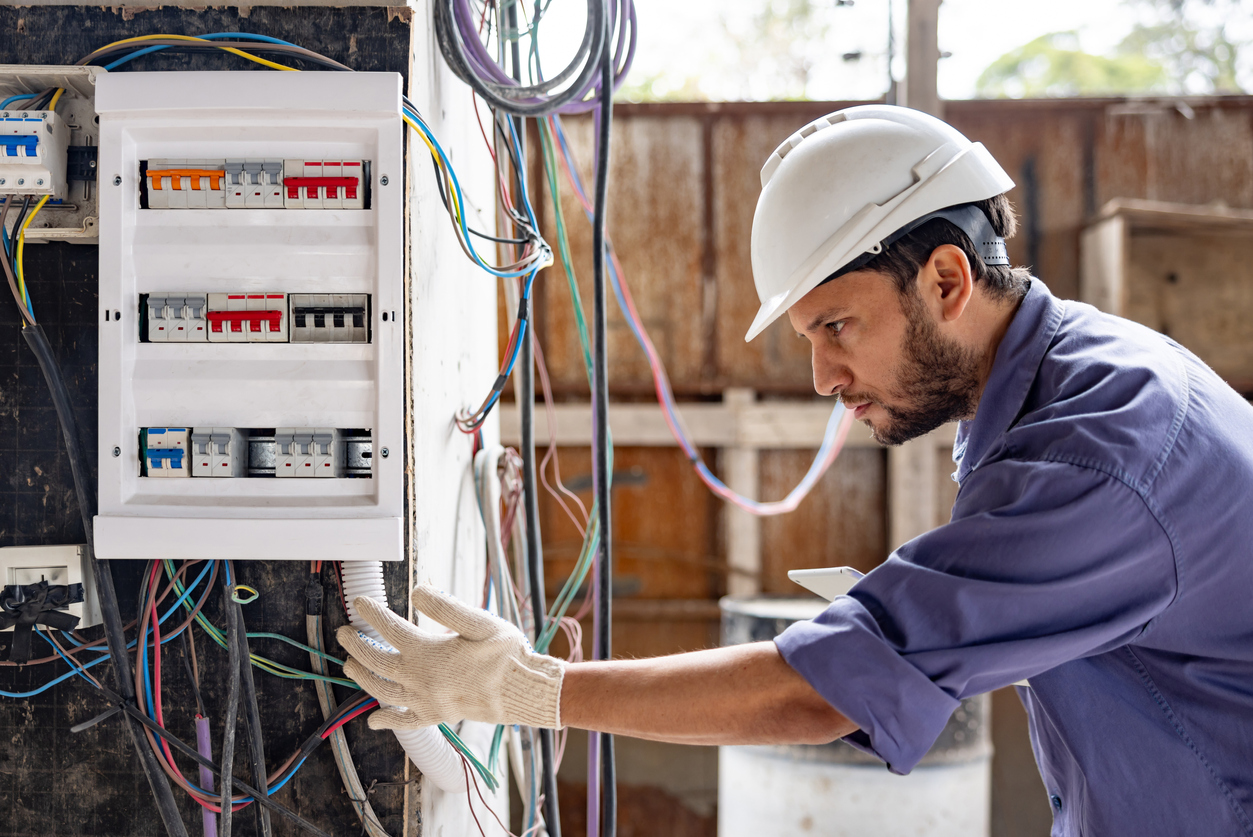
Hiring an electrician to perform a separate inspection before purchasing a new home can be a good idea. This is especially important if you’re buying an old house that is more likely to have wiring problems. Again, standard home inspectors have basic electrical knowledge. However, they may not catch DIY wiring jobs that weren’t done properly or electrical work that was completed without a permit. A professional electrician will be able to devote more time to this one aspect of a home and will be able to use their trained eye to pick up on fire hazards or major repairs that you’ll want to know about before signing a contract.

